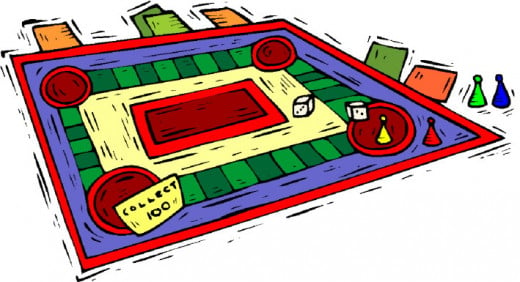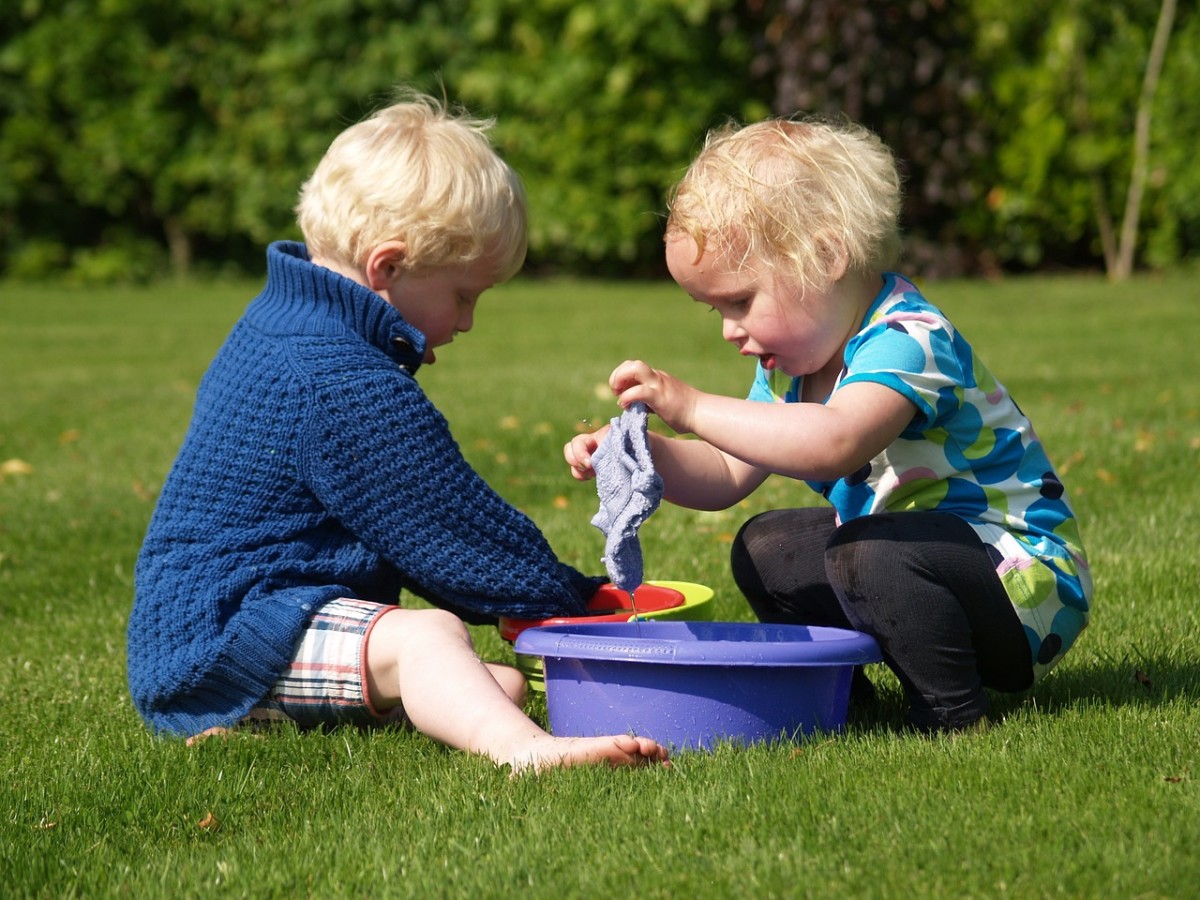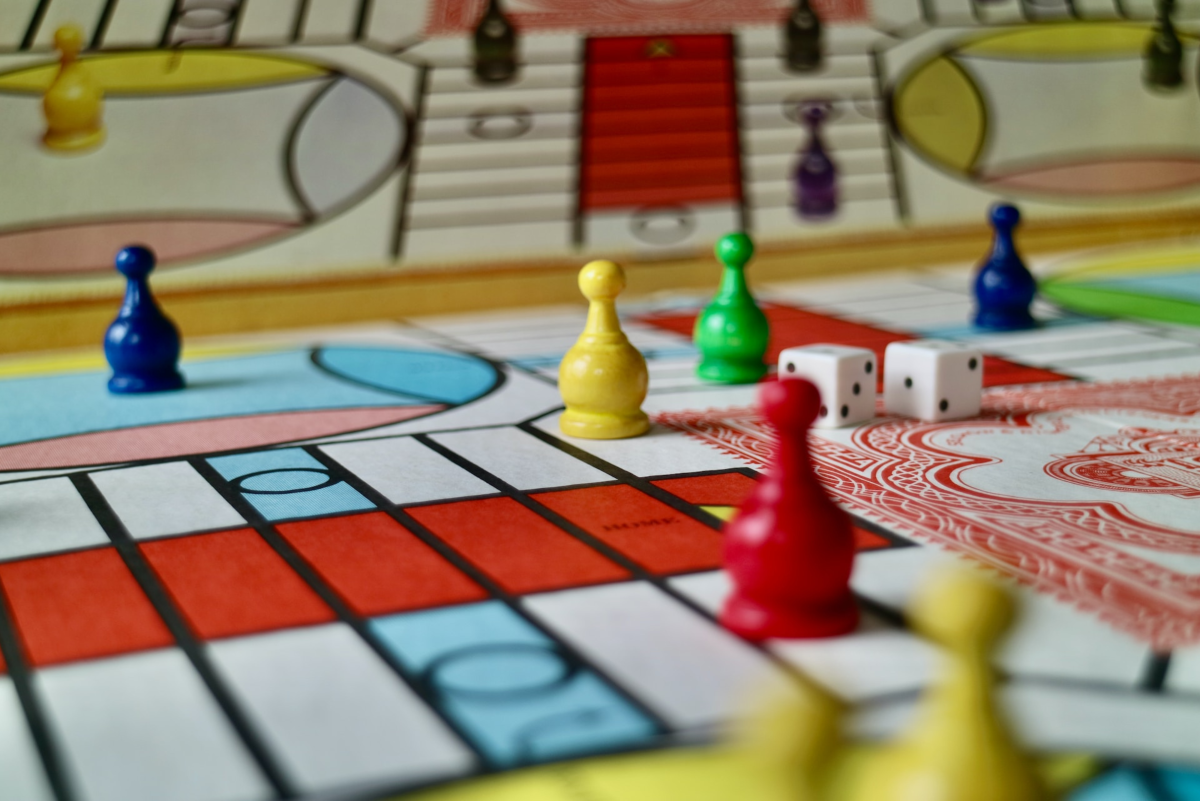Let’s Play a Game! Teaching Skills While Playing Games With Your Kids

Learning to Win and Lose Through Play
The world is complicated, busy, and messy. When pulled in many directions at a time, it can be difficult to spend enough quality time with your family. We may think we need to go for a vacation, a sporting event, the movies, or a bowling alley to spend quality time with our kids. However, due to COVID 19, we have had to find other ways to play and enjoy our children’s time. Simple board games, card games, or word-play games can pack a lot of fun at a minimal cost.
Make it a part of your week:
Many have heard of “family game night.” Our family tried to live by this motto of dedicating at least one night a week for a family game. However, there were several weeks; if not many, we skipped this notion. The excuse? Life got in the way. More pressing obligations or experiences took the place of our family game night. With more time on our hands and more time together, there is no time like the present to renew this weekly tradition that we somehow strayed.
Choose, perhaps, your least favorite night of the week and make it more fun by playing a family game. Our night was Wednesday for a while. It is nice to have dinner, work together to clear the table, and spread out a fun game. Don’t have much time? Opt for a simple card game like “Go Fish” or “Slap Jack.” One can easily do a couple of rounds without having to spend hours at play.
The Joy of Simple Competition:
Games teach us many things: a little fun competition is okay, to be a good sport even when losing and learning resiliency. So many skills come from the art of play and games are a great way to integrate sharing, turn-taking, empathy, strategy, and learning that not everyone can win all the time. Sometimes you have to learn how to lose. But giggles and excitement can spread to all players throughout the game - especially when all are fully understanding the rules and etiquette of playing games joyfully with others. For very young children, don’t be afraid to let your child win from time to time to build confidence. However, don’t forget to let them lose the game from time to time - this is a bit harder and takes a little coaching as they learn how to fail well. Children quickly hone in on sore losers and avoid further play with those who cannot lose well.
A Good ‘Ol Game Can Teach Social Skills:
Some young students who arrive in class ready to play a board game or card game at indoor recess have great difficulty losing. Social skills are often mastered through practice and with adult support. The lagging ability to lose in a socially acceptable manner can spill over to the playground. Later, poor sportsmanship can be detrimental in the professional sports world.
Not everything turns out the way we want in life. Sometimes, you just lose! Learning to fail well with dignity and poise is a lesson in and of itself. Who wants to play with someone who always has to win? If they lose and they lose their composure, how much fun are the other players? Having a complete meltdown playing kickball loses its zest for others who simply want to enjoy a good game. Some adults stoop to childish behavior when losing a game. They may use strategies such as cheating or forfeiting the game when the tables of luck turn against them. Again, this is no fun for others. During a game, some win and some lose. Winning is always ideal, but learning to be a gracious loser makes others comfortable and happy to play again!
Is Winning One Game Worth Losing Friends or Damaging Relationships in the End?
Likely we have all met someone who must win at all costs. We call these highly competitive people. A little competition is healthy, but when taken too far, it can prove detrimental. It is idealized in professional sports, and, at that level, much is on the line. However, take a simple family game or a game of golf among friends. Usually, with these games among family and friends, it should be more about spending quality time together and, perhaps, teaching skills and techniques to younger players.
Only when all are having fun does the game have deep meaning a value. If even one person cheats or has a fit because they are losing, relationships can be hurt. It is no longer fun. Young players may then, in turn, learn these poor behavioral coping skills when they see older adults cheating, forfeiting, or “cooking the books” of the scorecard to their advantage. That teaches a child that when losing, these are the strategies to practice and hone. It is better to model good character. Thankfully, many children are keenly aware of how these poor behaviors affect how others feel. When playing games, winning at all costs should not later cost relationships. Games, when all play according to the rules- like it or not - can strengthen relationships and make memories.
Quality Time Together Found in a Box:
Open up a box to a board game and anticipation builds! When playing an old childhood favorite, it is fun to watch your child enjoy it. Games are a pure, low-cost fun that can make for quality time spent together. Think about the games you enjoyed growing up. Introduce them to a young friend, your child, or your family member. It can be a delight watching the wonder and excitement in their eyes! One moment you win, and the next you might lose. But the thrill can be part of the fun. Some games are based on chance and thankfully, by playing games regularly, each player eventually will have the opportunity to win. You could even discuss probability rules in chance games, however, you might not want to get too deep and destroy the fun.
The next time your child says he or she is “bored,” try playing a simple game together. Make it fun. Encourage each other. Teach your child the social skills necessary to be a good player. Later, the fun continues with different players in different settings. The expertise of playing a game can transcend professional games as well. The more one can learn to win or lose graciously, the more enjoyment all can have while playing games. Being a good sport is a life skill that can all begin simply at home over a simple game. Why not start now?








